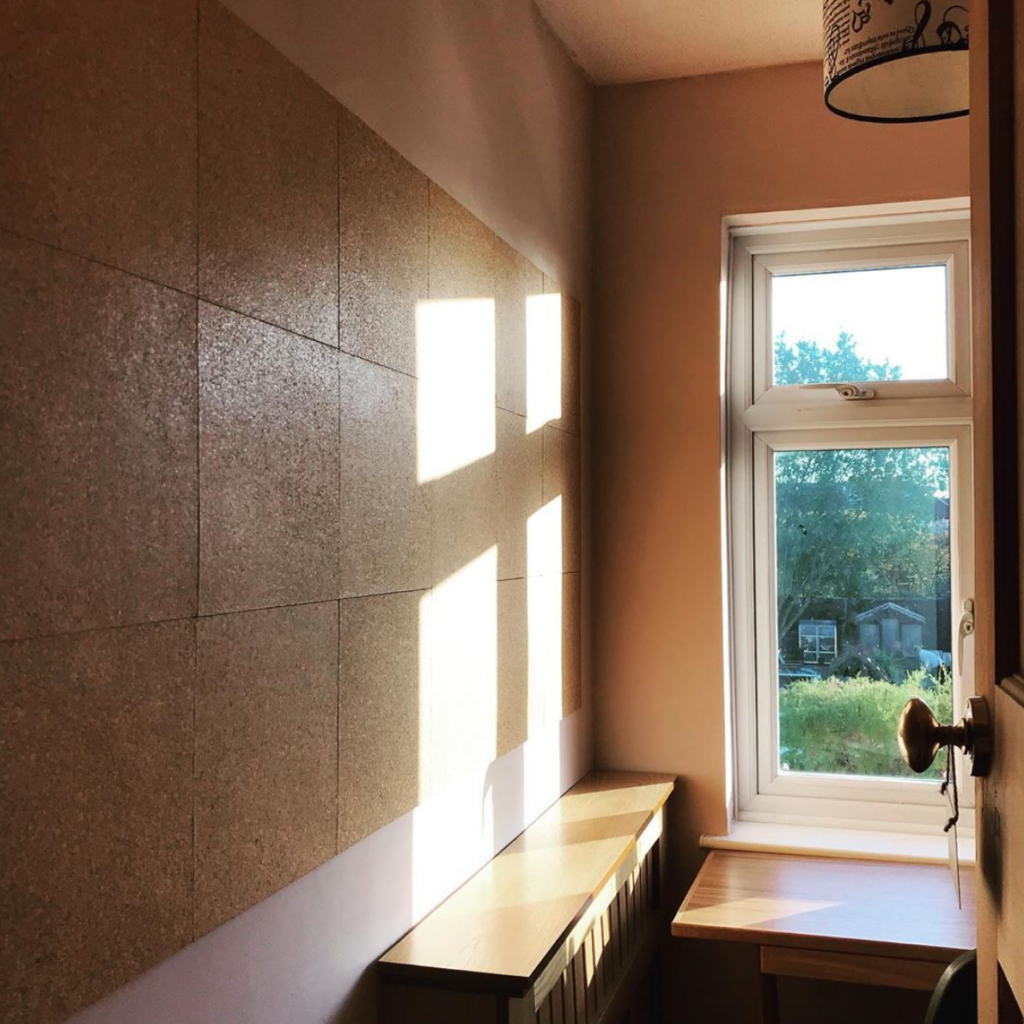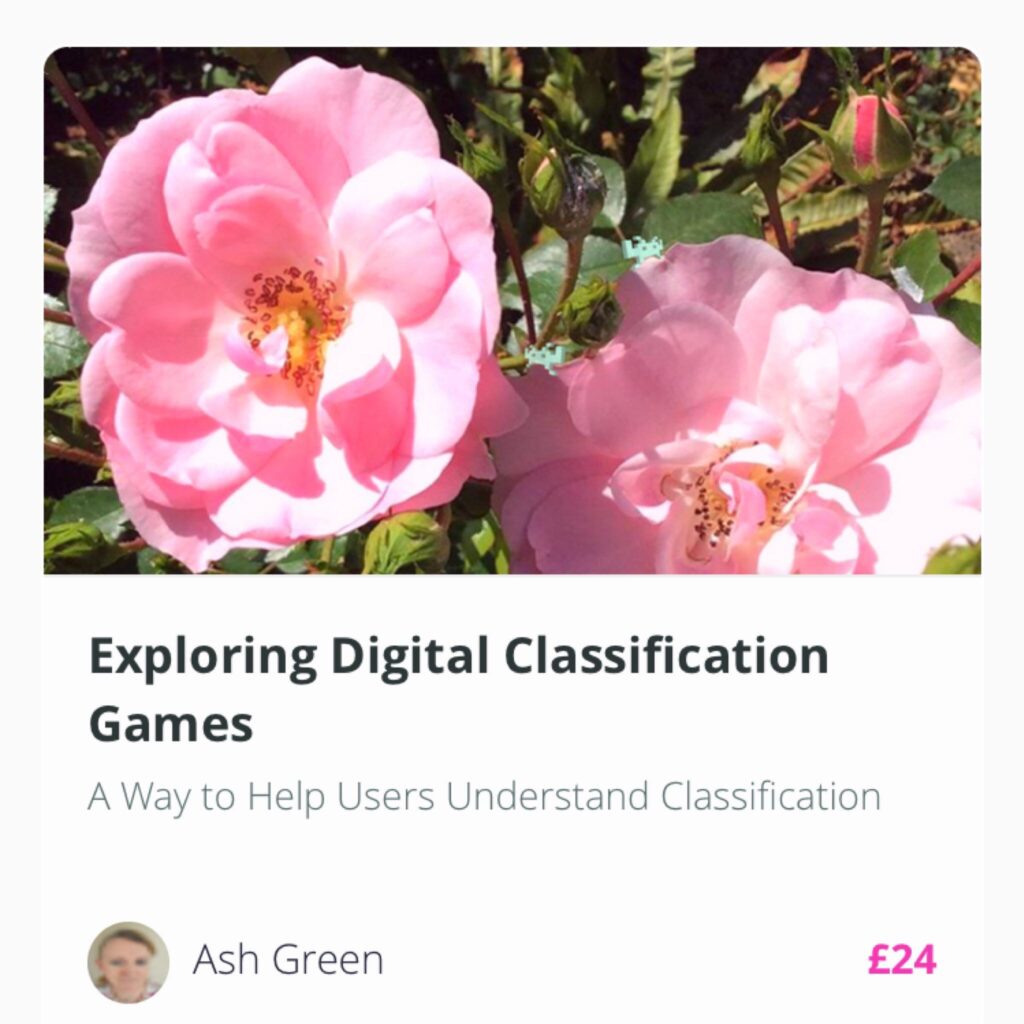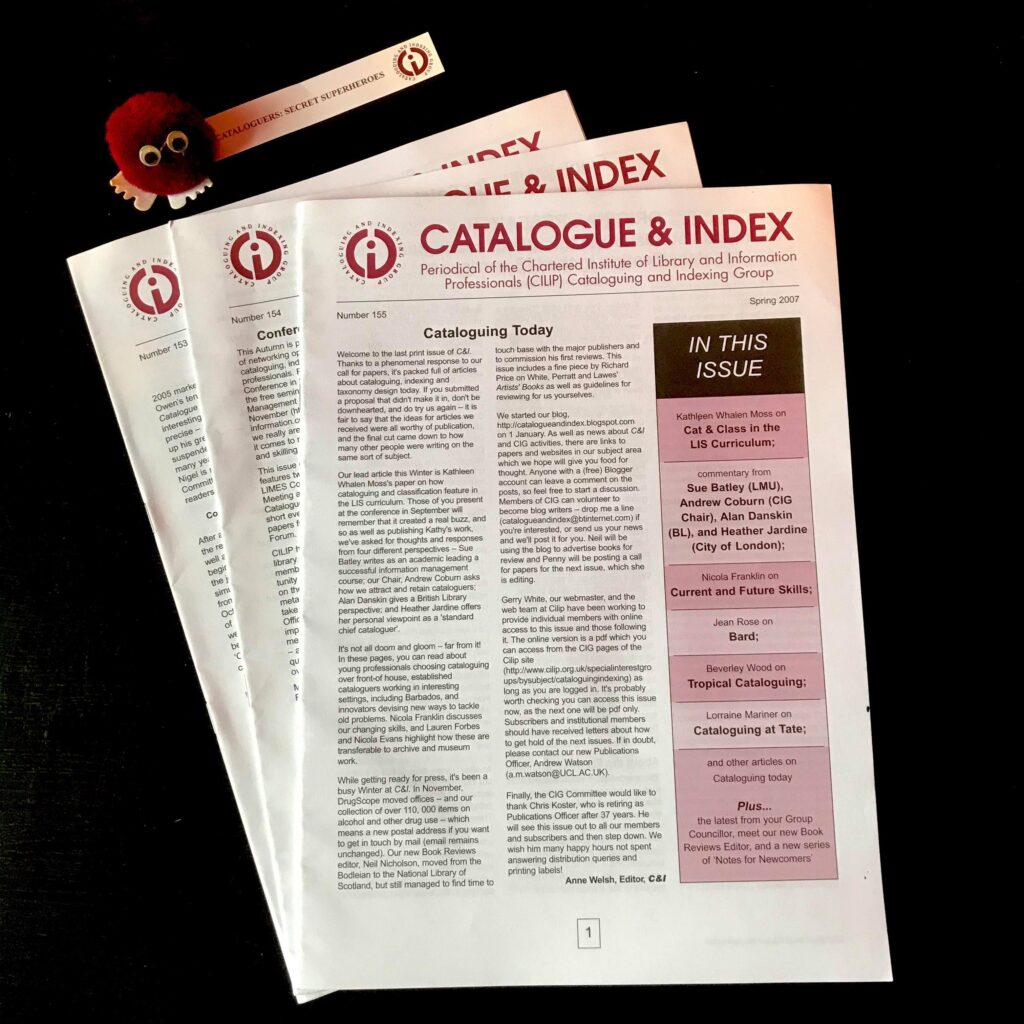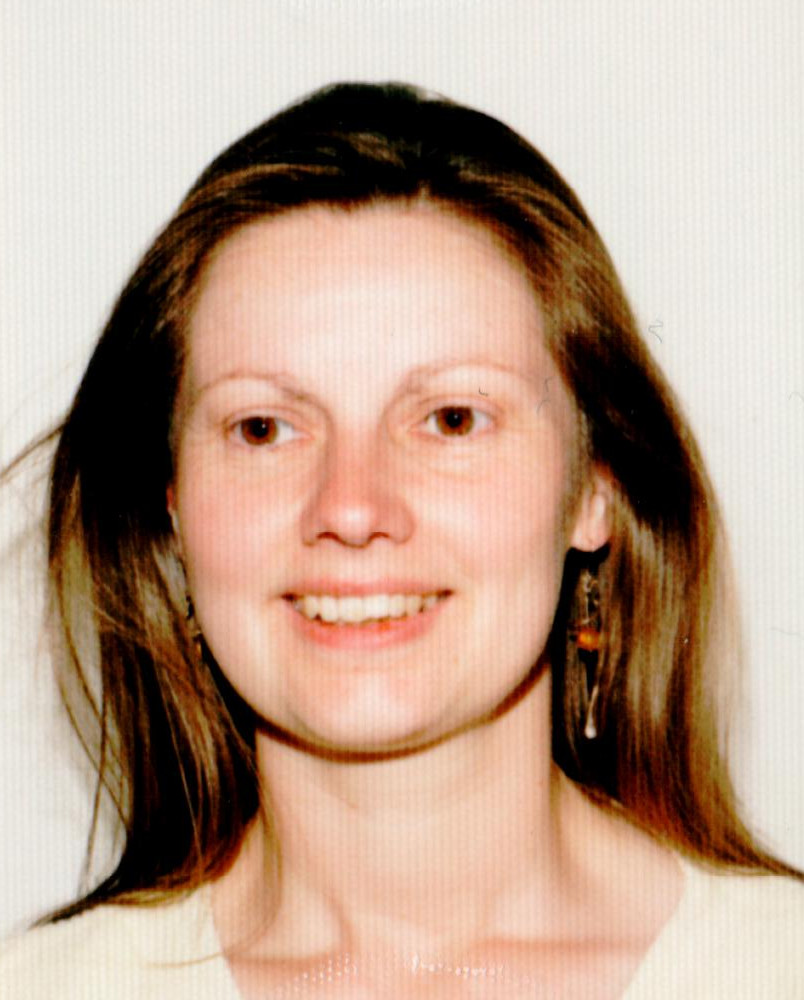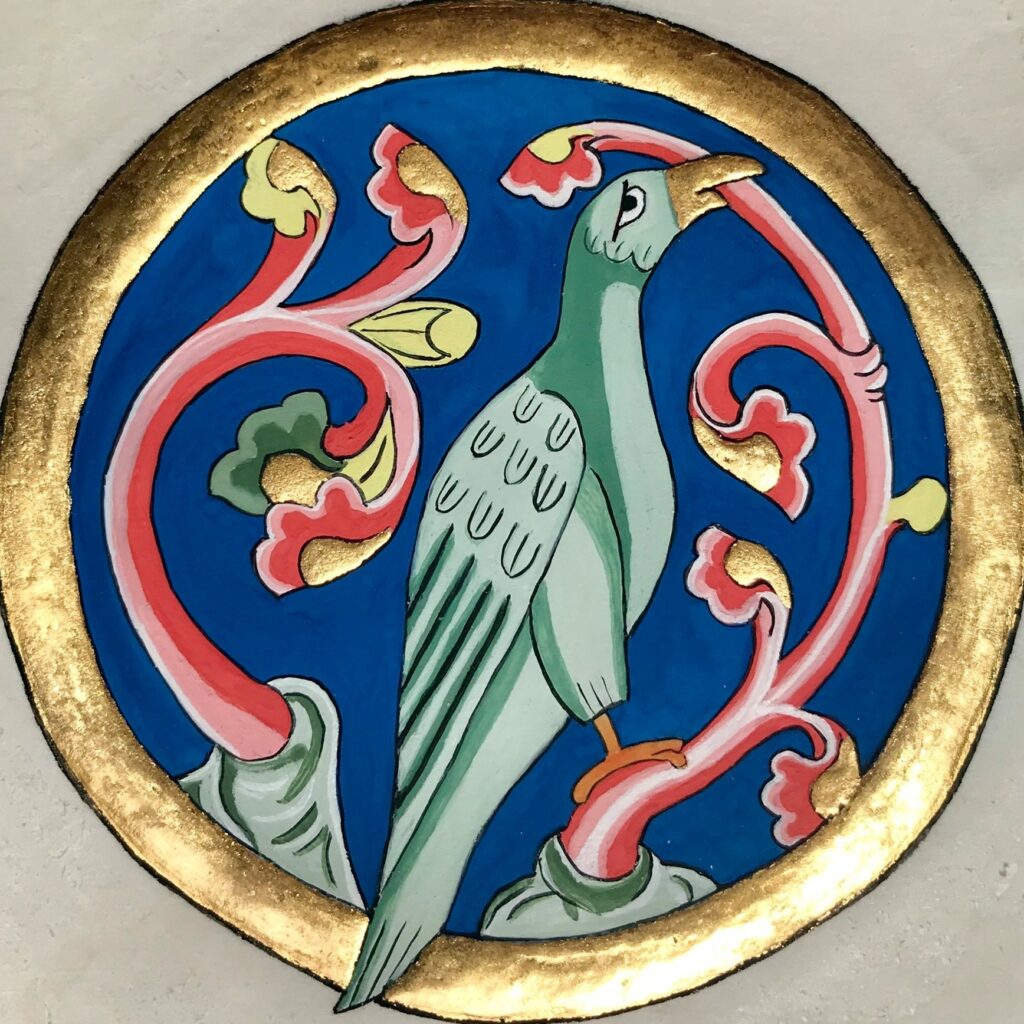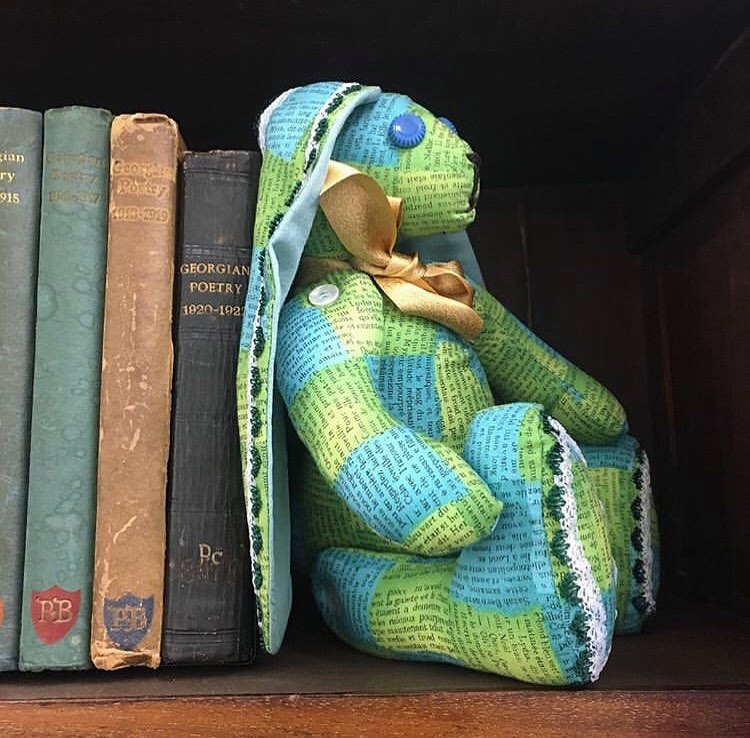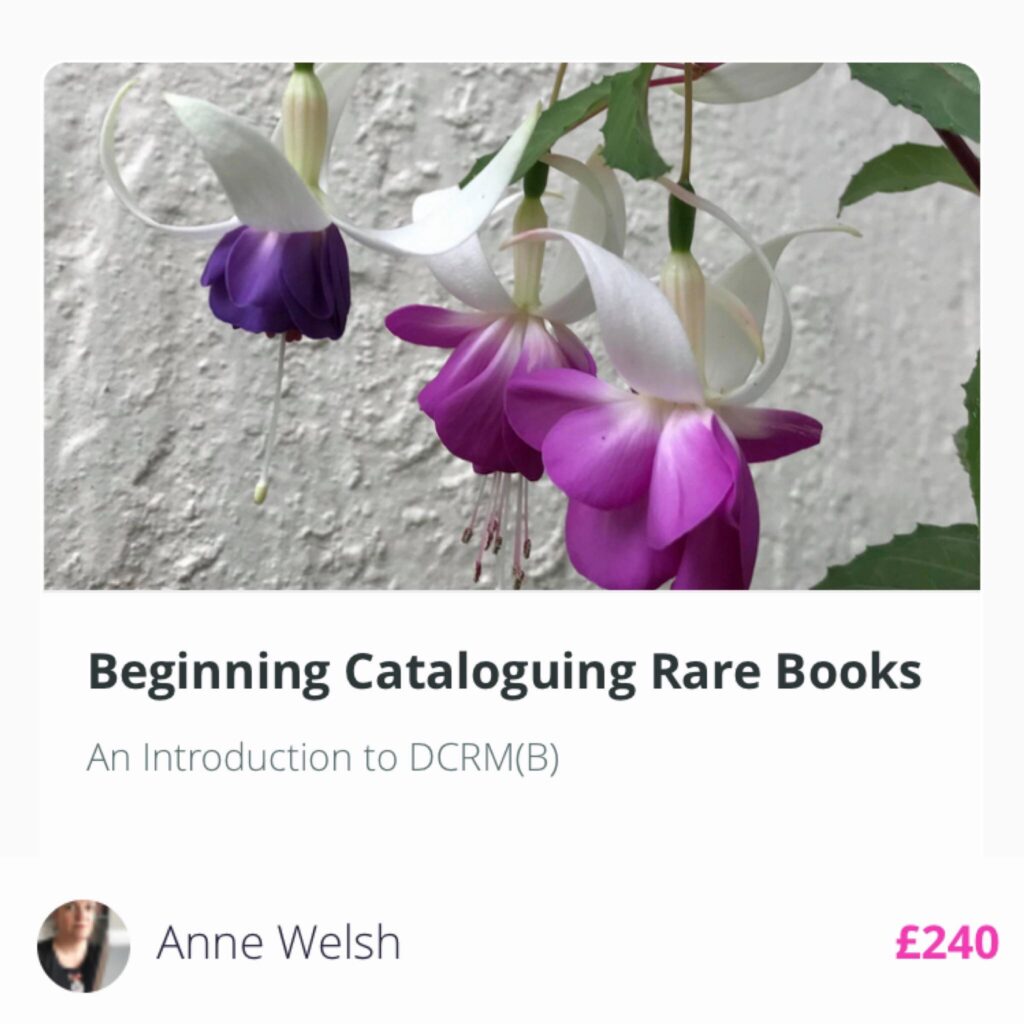23 October: Metadata Matters, led by Emma Booth
Emma will draw not only on her experience writing the National Acquisitions Group Quality of Shelf-ready Metadata report but also on her experience as eResources Metadata Specialist at University of Manchester.
If you love (or loathe!) e-resources, cataloguing standards, library management systems, or “marketing” library services to your users (and senior management), join us to hear Emma’s current thoughts on why what we do is vitally important, and to share your own ideas in the discussion.
Emma Booth is e-Resources Metadata Specialist at the University of Manchester Library, and the author of the National Acquisition Group’s report, Quality of Shelf-ready Metadata.
Full details and registration.
Note: Subscribers to October’s Beginning Cataloguing Monthly should remember they have a 50% off coupon code in the newsletter.
19 November: The Unwritten Book, led by Yvonne Lewis
Yvonne Lewis is the longest-serving member of the National Trust’s team of book curators. As such, she has encountered just about every form of evidence of book collecting you can imagine. In this seminar, she’s going to present on John Bankes’s travels in Egypt, Syria and Palestine (c. 1815-17), which he meant to write up but never got round to. Yvonne will discuss his notes, drawings and a lovely set of litho stones held at NT Kingston Lacy.
Yvonne has worked in historic collections since graduating with her MA LIS in 1992. Over the years, she has taught hundreds of people how to catalogue and supervised many work placement students, often providing them with their first introduction to special collections librarianship.
Her research interests include 17th and 18th century private libraries, book ownership, the reading experience, and maps and globes. She has contributed many entries to the English Short Title Catalogue (ESTC) and Incunabula Short Title Catalogue (ISTC) and recently added to her knowledge of Bibliography and Book History by completing an MRes in Book History at the Institute of English Studies, University of London.
You can find out more about Yvonne on her profile page at beginningcataloguing.com
Full details and registration.
Subscribe to Beginning Cataloguing Monthly before Thursday 15 October to receive the subscriber’s 50% off coupon code in the newsletter.
9 December 2020, led by Ahava Cohen
Does RDA represent your culture?
Ahava Cohen leads the Hebrew Cataloguing Department at the National Library of Israel and is in charge of Hebrew policy for Mazal, Israel’s multilingual, multiscript authority database. As such she has a deep interest in making formerly Anglo-American cataloguing codes work for a broader range of languages and cultures. In 2019 she wrote a report for the RSC on the Western and Christian bias of the cataloguing guidelines; the report was accepted as part of the RSC’s focus on removing such biases and internationalising RDA. Ahava will discuss the work involved in identifying bias in cataloguing guidelines and the emotional labour of trying to reconcile the varying needs of language and cultural groups.
Ahava Cohen (Dr. RDA) is chair of the European RDA Interest Group (EURIG) and the backup European Region representative to the RDA Steering Committee (RSC). She graduated with a certificate in LIS in 2013 and her 2019 doctorate focused on the localization of RDA to a country which catalogues in four languages, three of which have yet to benefit from a translation of RDA. Her professional interest lies in balancing international standards with decolonizing and deassimilating the catalogue while maintaining the high production output required by busy cataloguing departments.
Full details and registration.
Book all three seminars for £30 (including VAT)
